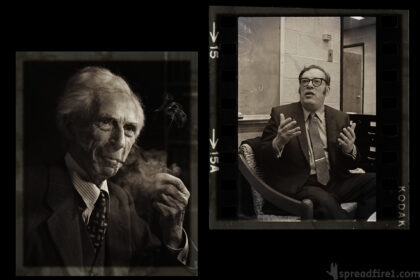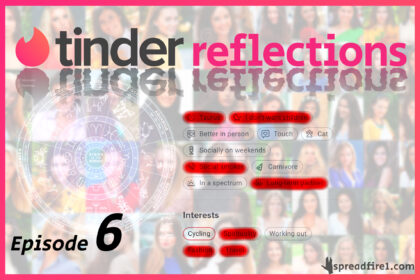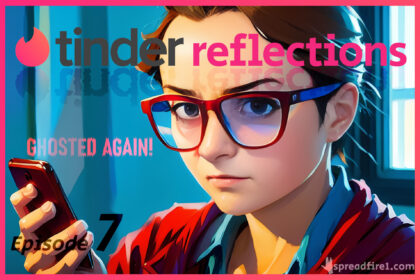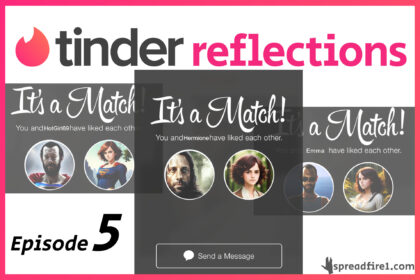|
Blogcast - listen to the audio version
|

Some people are offended so easily. No matter what you say, they find a reason to be offended. You can walk on eggshells all day, to no avail. There will always be that one thing you shouldn’t have said, that one joke you shouldn’t have cracked. How could you? How dare you? You’re such a bad person. Does that sound familiar?
I’m not sure I have anything wise to say about this interesting fact of human behavior. I’m merely observing, documenting, and probably venting, first and foremost. It’s upsetting to me. Upsetting and disappointing. To be misunderstood, misconstrued, or misrepresented. I’m a straight shooter. I say what I think, innocently, without bad intent or malice. But as mentioned at the outset, anything you say can be used against you, no matter how benign and innocent you meant it to be.
I suspect projection
The offended person, let’s call her Anna for continuity’s sake, projects her own feelings, mindset, and worldview onto you. So if Anna has a negative outlook on the world, she is prone to interpret anything you say through that negative lens. This is not about blaming, but rather about explaining. If we know what’s going on, we can first notice it, address it, and then actively work on and against it.
With some people, you can joke about murdering babies and drinking their tasty blood while with others, like Anna, you can innocently use the wrong hashtag or term to trigger her out of the blue. Once triggered, there’s no turning back. The line is crossed. The bull sees red. Any attempt of explaining yourself, placating them, clarifying your intent, or defusing the situation is futile. From there it can only go one way – downhill. Instead of de-escalating you’re adding fuel to the fire with every word you utter. Every syllable is another mine you place in front of yourself. A minefield full of blinds that can be telekinetically armed by the person you talk to, should they decide to be offended.
Fred: “Du-” BOOM!
Anna: “How dare you tell me what to do!”
Fred: “I wasn’t. I was about to say ‘during’, but you wouldn’t let me finish the word, let alone the sentence.”
I wouldn’t even go so far as to generalize and permanently ascribe this behavior to certain people. I think everybody can act that way, given the ‘right’ circumstances, the perfect storm.
Our AI overlord, ChatGPT, ‘thinks’ this:
There are several reasons why people can be easily offended by seemingly insignificant things.
- Firstly, it could be due to their own insecurities, which can make them hypersensitive to criticism or anything that challenges their beliefs or worldview.
- Secondly, they may have experienced trauma or discrimination in the past, which has left them with emotional scars that make them more susceptible to being triggered.
- Thirdly, some individuals may have a victim mentality, where they view themselves as constantly under attack and perceive even the most benign comments as personal attacks.
- Finally, it could be a form of control, where the person seeks attention and power by playing the victim and manipulating others through their reactions.
Whatever the reason, it’s important to approach these situations with empathy and understanding, while also setting boundaries and standing up for yourself when necessary.
Okay cool. Thank you, wise one.
So in conclusion,
as I alluded to, when you offend somebody, it isn’t necessarily your fault. It often is more about them than about you. That’s why I don’t like the phrasing of actively offending someone, but rather prefer to put the onus on the offended party. I did not offend you – you feel offended. I’m only responsible for what I say, not for what you understand or interpret.
Don’t we teach our kids this anymore?
Sticks and stones may break my bones
But words shall never hurt me.










